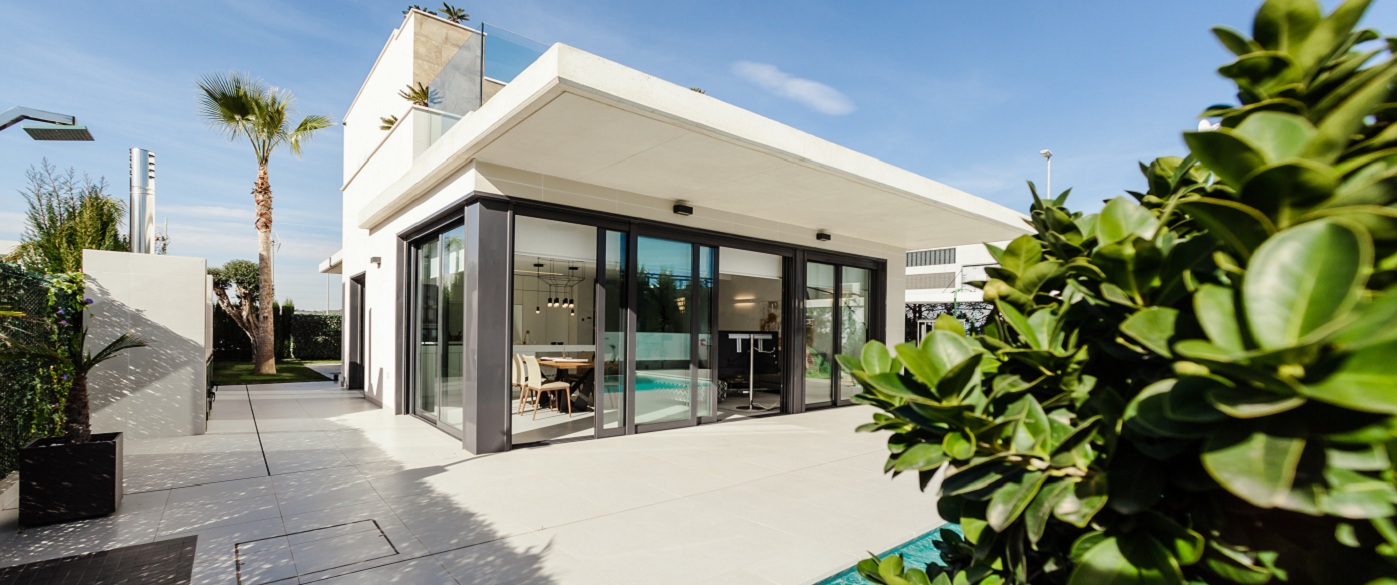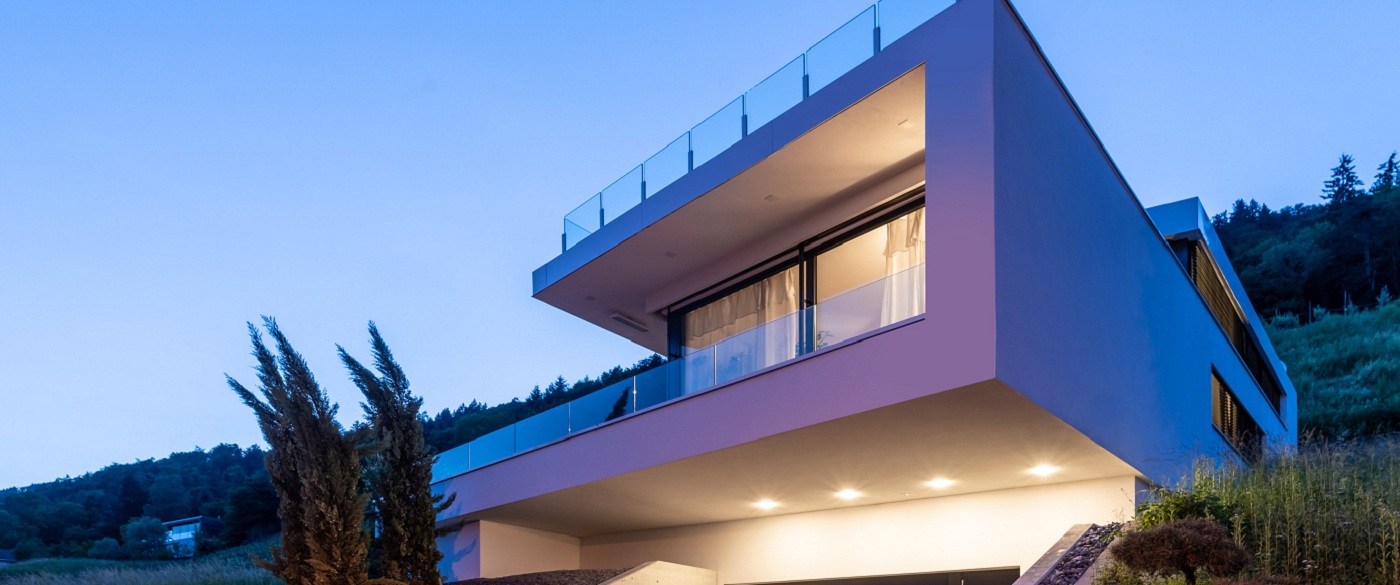You have most likely checked out stories about simply how much your credit score can affect your capability to get a house mortgage if you’re simply starting the house purchasing procedure. While it holds true that you need a good credit history for the best rates of interest and loan terms, less-than-perfect credit does not need to be an obstruction to your imagined house ownership.
How Your Credit Score Impacts Your House Mortgage Rate
Your credit score is amongst the more vital aspects a lending institution thinks about before choosing whether to authorize you for a house loan. They also consider your debt-to-income ratio, your cost savings, and how much cash you have readily available to put towards a down payment.

Beyond assisting to figure out whether you can even get a house mortgage, your score also plays a big function in the rate of interest and payment terms you’re eventually authorized for. When estimating your house mortgage information, if your credit score is listed below average– which professionals state is anywhere from 650 to 699 and loan providers might factor in risk-based rates.

To balance out the viewed danger of handling a debtor with a low credit score, a lending institution might increase the rates of interest on a house loan. It implies that a credit score of 650 may get a better rate of interest than a credit history of 720, which might cost you 10s of thousands more over the life of your house loan.
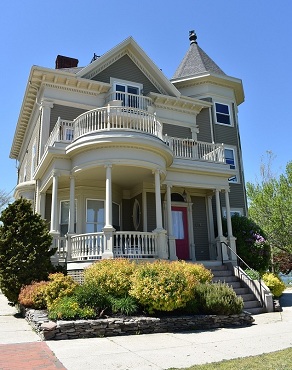
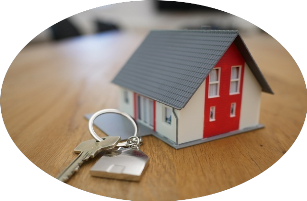
What Credit Score Do You Need To Have To Buy A House in Arizona?
There’s no concrete response. However, professionals state that with a score of 660 can help you get approved for a house mortgage. Scores of 660 or lower may suggest winding up with high rates of interest and bad loan terms.
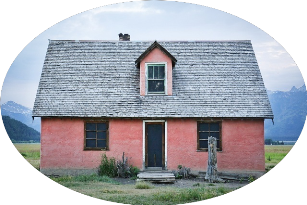
What’s The Most Affordable Score I Can Have Without Affecting My Eligibility For A House Loan?
If you do not fulfill those requirements, getting someone, parents or partner else with much better credit to guarantee for your loan might improve your opportunities of approval for a standard house loan. Otherwise, you might need to deal with improving your credit before getting a house loan.
What Rate Of Interest Can I Anticipate With My Credit History?
Credit scores are broken down into classifications that can help you assess the quality of your credit reliability and how far you need to go to improve it:
Poor – 300 to 579. Unless you have an underwriter or a cosigner wants to make an exception, it’s not most likely you’ll find house mortgage approval with a bad credit history. Anticipate a high-interest rate on your loan if you do find a loan provider ready to take you on.
Fair – 580 to 669. You ought to have the ability to get approved for a loan with a reasonable score, but your rate of interest will likely be high – in some cases considerably more so than with a really good or good score.
Good – 670 to 739. Your credit score might impact your rate of interest, but commonly not by much. You must see rates within 0.25% to 0.5% of the most affordable offered.
Very Good – 740 and higher. Your credit history will likely help you get the most affordable rates of interest and the very best payment terms the marketplace allows.

